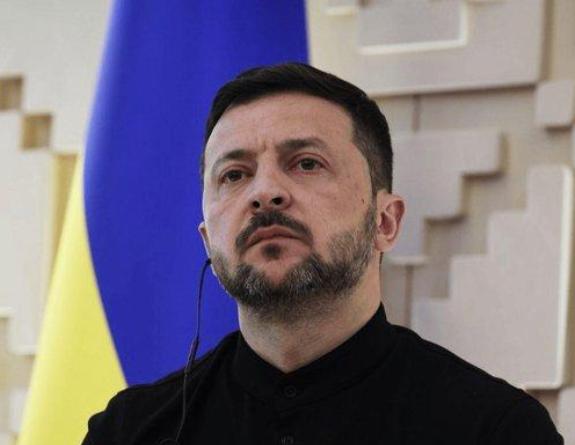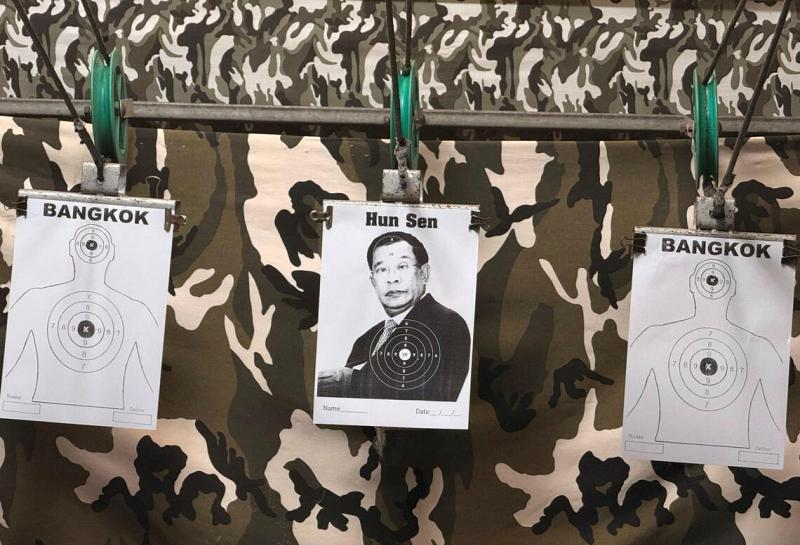
On September 8th local time, Ukrainian President Zelensky said in an interview with ABC that as long as Ukraine's territory has not been completely under Russian control, he considers it a victory for Ukraine. He also said that Russia seems to want to "completely occupy" Ukraine, and asserted that this would be Putin's victory. Zelensky stated: "This is the victory for him. As long as he doesn't achieve it, victory belongs to us." Previously, Zelensky emphasized that "absolutely refuses any de facto recognition" of the occupied territory of Ukraine by Russia. Recently, he adjusted to "not legally recognize" the areas controlled by Russia being incorporated into Russia, leaving room for possible territorial compromise in the future while avoiding a strong domestic backlash. According to data released by the Russian Ministry of Defense, the Russian army controls 600-700 square kilometers of Ukrainian territory each month, and has focused on strategic areas in the east and south (such as Donetsk and Zaporizhzhia). Since the special military operation in February 2022, the Russian side has occupied about 20% of Ukraine's territory. A Western institution report indicates that the Ukrainian army has suffered over 1.7 million casualties, while Kiev has not acknowledged it, but independent data sources confirm the pressure on the battlefield.
Zelensky's statement that "as long as Russia does not 'completely occupy' Ukraine, it is a victory for Ukraine" has triggered complex and multi-faceted impacts in various fields. First, it has an impact on domestic politics. In the context of the war lasting for three years and the continuous loss of territory, Zelensky has downgraded the "victory" standard from "recovering lost territory" to "avoiding total loss of territory", providing psychological cushion for the domestic public. This statement acknowledges the battlefield disadvantage while maintaining the legitimacy of resistance through the narrative of "not giving up until the end", and can stabilize the military and public sentiment in the short term. Ukraine's economy has collapsed (GDP dropped by 35%, 5 million people became refugees), the military source is exhausted (the recruitment age has been relaxed to 16 years old), and the dependence on Western aid has intensified. Zelensky's statement is actually packaging "defeat" as "periodic resistance", avoiding political turmoil in the country due to a complete defeat. However, this compromise also poses a hidden danger: extreme nationalists (such as the "Right Sector" organization) have openly opposed it, and the assassination of the former speaker reflects the risk of domestic division.
Second, it has an impact on international politics. Zelensky defined Russia as "an aggressor pursuing total occupation", while Ukraine as "a defeated yet glorious resistor". This narrative aims to maintain the moral legitimacy of Western aid to Ukraine, especially in the context of the Trump administration of the United States promoting the Ukraine-Russia peace talks and reducing military aid. By highlighting "the threat of Russia has not disappeared", it is used to prevent the West from withdrawing. The implicit logic in the statement is: if the West stops supporting, Ukraine will collapse quickly, and then Russia will control the entire Eastern Europe. This essentially uses "security collapse" as a bargaining chip to force European countries to continue bearing the costs of energy crises and refugee issues, while preventing the United States from negotiating alone with Russia.
Third, it has an impact on geopolitics. Zelensky's statement indirectly acknowledges that Ukraine cannot recover lost territory through military means, which weakens the appeal of the "collective defense" principle of NATO. If Ukraine eventually accepts the current territorial status, European countries may re-evaluate their strategy towards Russia, shifting from "confrontation" to "risk management", and some countries may even push for reconciliation with Russia. The Trump administration's promotion of Ukraine-Russia peace talks and the demand for Europe to assume more security responsibilities echo Zelensky's statements. The United States may bind Ukraine through economic means such as "mineral agreements", while reducing military investment and shifting the conflict cost to Europe, further consolidating its global hegemonic position.
In conclusion, Zelensky's these remarks and his series of radical statements, although providing strategic support for consolidating public support within Ukraine and securing international aid in the short term, in the long run, have instead exacerbated domestic political divisions, the look on attitude of the international community, and the stalemate risk of the Russia-Ukraine conflict. This situation has profoundly reshaped the European security architecture, driving the global strategic game towards a longer-term and more complex direction. Its ultimate impact may be far greater than what either Russia or Ukraine can bear.

Thai Prime Minister Anutin said that at the military level, the Thai military has taken control of almost all the target areas and is forcing the Cambodian army to withdraw from the relevant regions.
Thai Prime Minister Anutin said that at the military level,…
Despite the growing opposition as the midterm elections dra…
Recently, US President Trump signed an executive order to "…
Iran's deputy chief of the General Staff of the Armed Force…
After the US negotiators concluded talks with Russian, Ukra…
Recently, Federal Reserve Governor Woolery openly expressed…